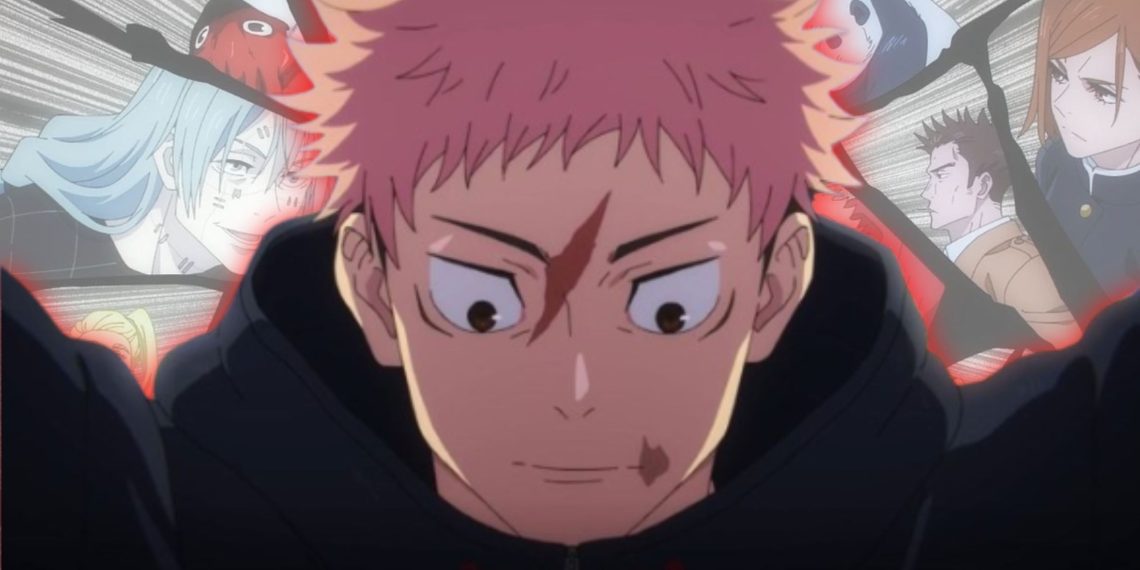While few can deny the success and impact of Jujutsu Kaisen on the animanga industry, one aspect of the series that often faces heavy criticism from fans is its worldbuilding.
Despite the series’ popularity, some have expressed concerns over its lack of a well-developed world, especially as it nears its ending.
Jujutsu Kaisen has, from its inception, captured the hearts of many fans with its intense battles, complex characters, and dark themes.
As a battle shonen series, it naturally emphasizes combat and the struggles of its characters, which is part of its appeal.
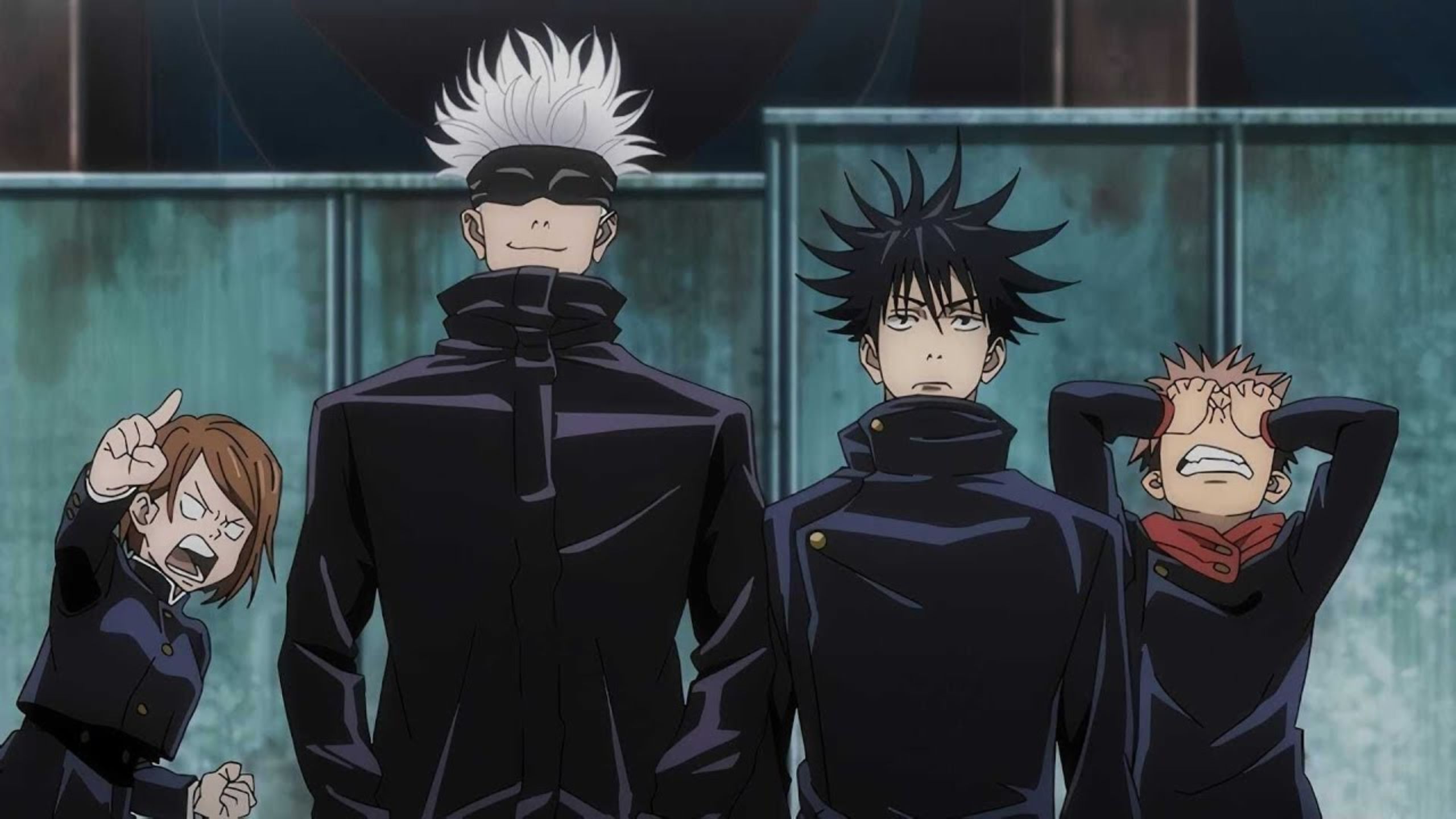
However, the lack of comprehensive worldbuilding has been a point of contention among fans, a criticism that has only intensified with the announcement of the series’ impending ending.
With the series now confirmed to be ending in just five chapters on September 30, 2024, a significant portion of the fanbase has begun expressing their frustration and disappointment with this news on social media.
Many are concerned that the series might conclude in a rushed manner, leaving too many unresolved plotlines and an incomplete world behind.
How a Potentially Rushed Ending Could Affect Gege Akutami’s Approach to Worldbuilding in Jujutsu Kaisen
For many fans, worldbuilding in an anime or manga series is one of its most crucial aspects.
A well-constructed world not only enriches the narrative by providing context or explanations for characters’ actions, motivations, and conflicts, but it also enhances the depth and consistency of any story.
Worldbuilding serves as the foundation upon which the plot and characters stand, and without it, the story can feel hollow or incomplete.
One such anime that is universally praised for its worldbuilding is Eiichiro Oda’s One Piece. This series has set a benchmark for worldbuilding in the entire animanga industry.
With its vast and intricate world, One Piece offers Elegant motifs of cultures, histories, and characters that few other series can match.
The depth and detail of its world make every adventure within it feel significant and meaningful, contributing to the series’ long-standing success.
No, my issues with JJK worldbuilding isn't that it takes place in the real world.
Is the fact Gege can't develop what he set up
Schools? abandon & don't do anything
Shibuya After, US Army and Zenin massacre? ignored
Higher Ups? one note and offscreen
Heian era? 😭😭😭😭😭😭😭 https://t.co/BSkJN2Yr4U— Thunder Devil (just that guy) (@ThunderTheDevil) August 19, 2024
On the other hand, Jujutsu Kaisen is a battle shonen series at its core, which is why fans often used to keep their expectations low when it came to worldbuilding or expanding on some of the series’ intricate plotlines.
The series thrived on its high-stakes battles and the tension between its characters, which often overshadowed the need for a deeply developed world.
This approach worked for a time, as fans were willing to overlook the lack of worldbuilding in favor of the series’ other strengths.
However, now that the series is seemingly rushing toward its end, many fans on social media are heavily criticizing the mangaka, Gege Akutami, for his lack of focus on Jujutsu Kaisen’s worldbuilding.
They claim that the series’ potentially rushed ending will only exacerbate this issue, leaving too many questions unanswered and the world of Jujutsu Kaisen feeling incomplete.
Consequences of Rushed Worldbuilding and Plot Resolutions
Many of the fans’ harsh online criticisms are certainly not without good reason.
They argue that Akutami is ending the series in an extremely rushed manner, which could have detrimental effects on the story as a whole.
With only five chapters remaining, there are simply too many plotlines and events left to resolve, and fans are worried that the series won’t have enough time to wrap them up satisfactorily.
JJK plotlines left to resolve IMO:
-Merger outcome
-Tengen & Kenjaku relationship
-Hakari vs Uraume
-Megumi & his father
-Nobara status
-Yuta in Gojo’s body
-US military, geopolitical strife
-Jin Itadori whereabouts
-Angel & Fallen Angel connection
-Open-barrier DE mechanics— Lightning (@lightningclare) August 20, 2024
One of the fans’ biggest complaints with Akutami’s decision to end the series next month is that he never truly emphasized Jujutsu Kaisen’s worldbuilding.
While the series has excelled in many areas, such as character development and fight choreography, it has often fallen short in terms of worldbuilding.
This has left many fans feeling as though the world of Jujutsu Kaisen is underdeveloped and lacking in depth.
For instance, the aftermath of the Shibuya Incident arc one of the most significant events in the series has not been fully explored.
How did the citizens of Japan cope with the large-scale destruction and massacre that took place in Shibuya? What were the long-term consequences of this event on the wider world?
These are questions that fans have been asking, but which the series has yet to answer.
Similarly, the whereabouts of the U.S. army after their involvement in the Culling Game arc remain a mystery.
The series introduced this plotline with great fanfare, but it has since been left unresolved.
The aftermath of the Zen’in clan massacre is another example. The ruthless killing of the higher-ups in the Jujutsu society should have had significant repercussions, but these have been largely ignored or given less importance.
What’s more, Akutami never actually got around to giving fans even a brief idea of the Heian Era, a crucial period in the history of the Jujutsu Kaisen world.
The Heian Era is often mentioned as the golden age of Jujutsu sorcery, a time when curses and sorcerers were at their peak. It was also the era when Sukuna, the King of Curses, rose to power.
Despite its importance, this era has been largely glossed over, leaving fans with only a vague understanding of its significance.
While this is not to downplay the things that Jujutsu Kaisen does right, it can be argued that the worldbuilding of the series had much room for improvement.
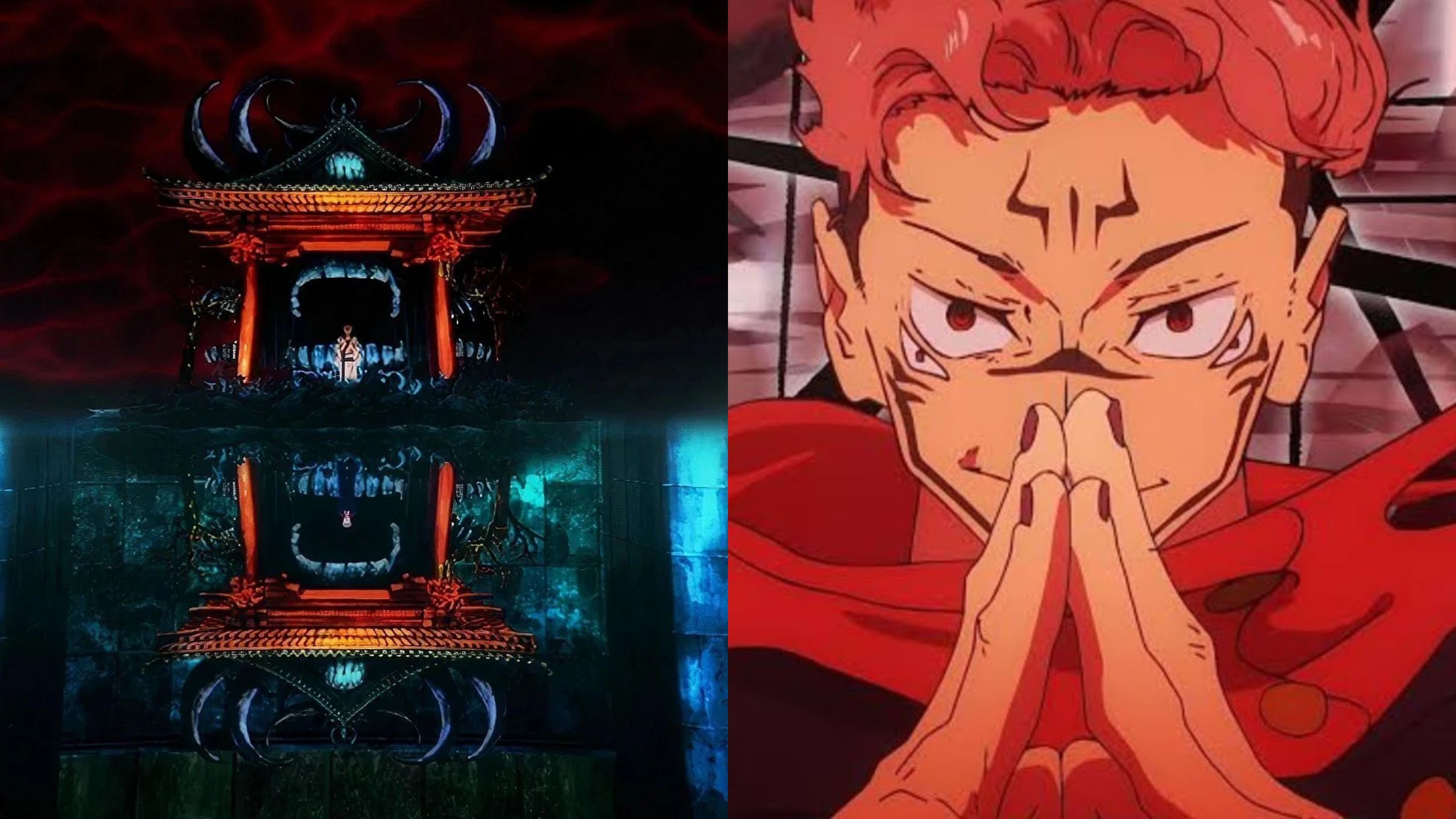
The series could have expanded on the geographical scope of Jujutsu sorcery, exploring how it is practiced outside of Tokyo and Kyoto.
It could have gone deeper into the structure and politics of the Jujutsu society, shedding light on the origins of sorcery, which date back to a time period over 1,000 years before the current JJK timeline.
Missed Opportunities in Expanding Jujutsu Kaisen’s World
By depriving the series of intricate worldbuilding, Gege Akutami missed the chance to make the world of Jujutsu Kaisen feel more immersive and complete.
Worldbuilding is not just about creating a backdrop for the story; it’s about making the world feel alive, with its own rules, history, and culture.
A well-built world can make even the smallest details in a story feel meaningful and connected, creating a richer and more engaging experience for the audience.
In the case of Jujutsu Kaisen, fans have often complained that the series currently feels incomplete.
The world of Jujutsu sorcery, with its curses, sorcerers, and ancient rituals, is full of potential, but much of it remains unexplored.
This has led to a sense of frustration among fans, who feel that the series could have been so much more if only it had taken the time to flesh out its world.
Additionally, wrapping up a climactic storyline like the ongoing Shinjuku Showdown arc in a matter of mere five chapters is certainly not a good showing for the series.
The Shinjuku Showdown arc is one of the most intense and pivotal arcs in the series, and fans were expecting it to be given the time and attention it deserves.
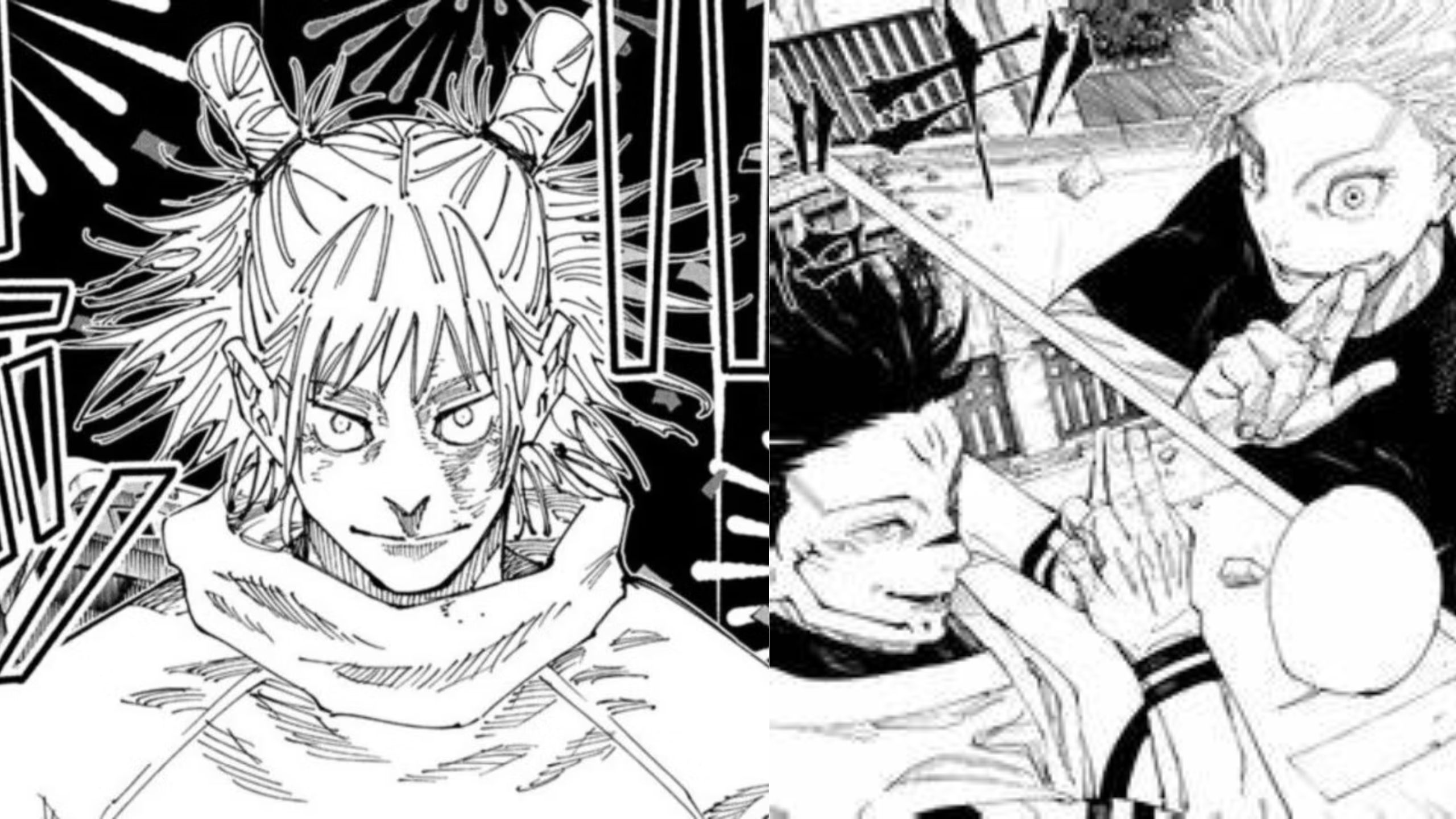
However, with the series set to conclude in just five chapters, there is a real concern that this arc and the series as a whole will be rushed to an unsatisfying ending.
According to some fans, even the My Hero Academia mangaka, Kohei Horikoshi, took his time to create a proper epilogue for his magnum opus.
My Hero Academia has its own share of flaws, but Horikoshi’s decision to take his time with the ending allowed him to wrap up the story in a way that felt complete and satisfying.
Fans were given the closure they needed, and the world of My Hero Academia was left feeling whole.
Akutami, on the other hand, looks to conclude the Shinjuku Showdown arc, the epilogue, and the story arcs of the remaining characters in a matter of five chapters without properly expanding on the Jujutsu Kaisen worldbuilding.
As such, it’s only natural for fans to feel frustrated with Akutami’s decision to end a series as popular and impactful as Jujutsu Kaisen in such a short time.
Creative Choices of a Mangaka and the Fans’ Reactions
That said, it’s also important to remember that, at the end of the day, it is the mangaka’s decision as to what they want to do with their series and how they want to conclude it.
Gege Akutami has created something truly special with Jujutsu Kaisen, and he has the right to decide how his story ends.
Every creator has a vision for their work, and sometimes that vision doesn’t align with the expectations of the fans.
However, that doesn’t mean fans’ frustrations are unwarranted. The relationship between a creator and their audience is a complex one, built on trust and mutual respect.
Fans invest their time, emotions, and money into a series, and in return, they hope to see a story that fulfills its potential.
When a series fails to meet these expectations, especially in its final moments, it can lead to feelings of disappointment and dissatisfaction.
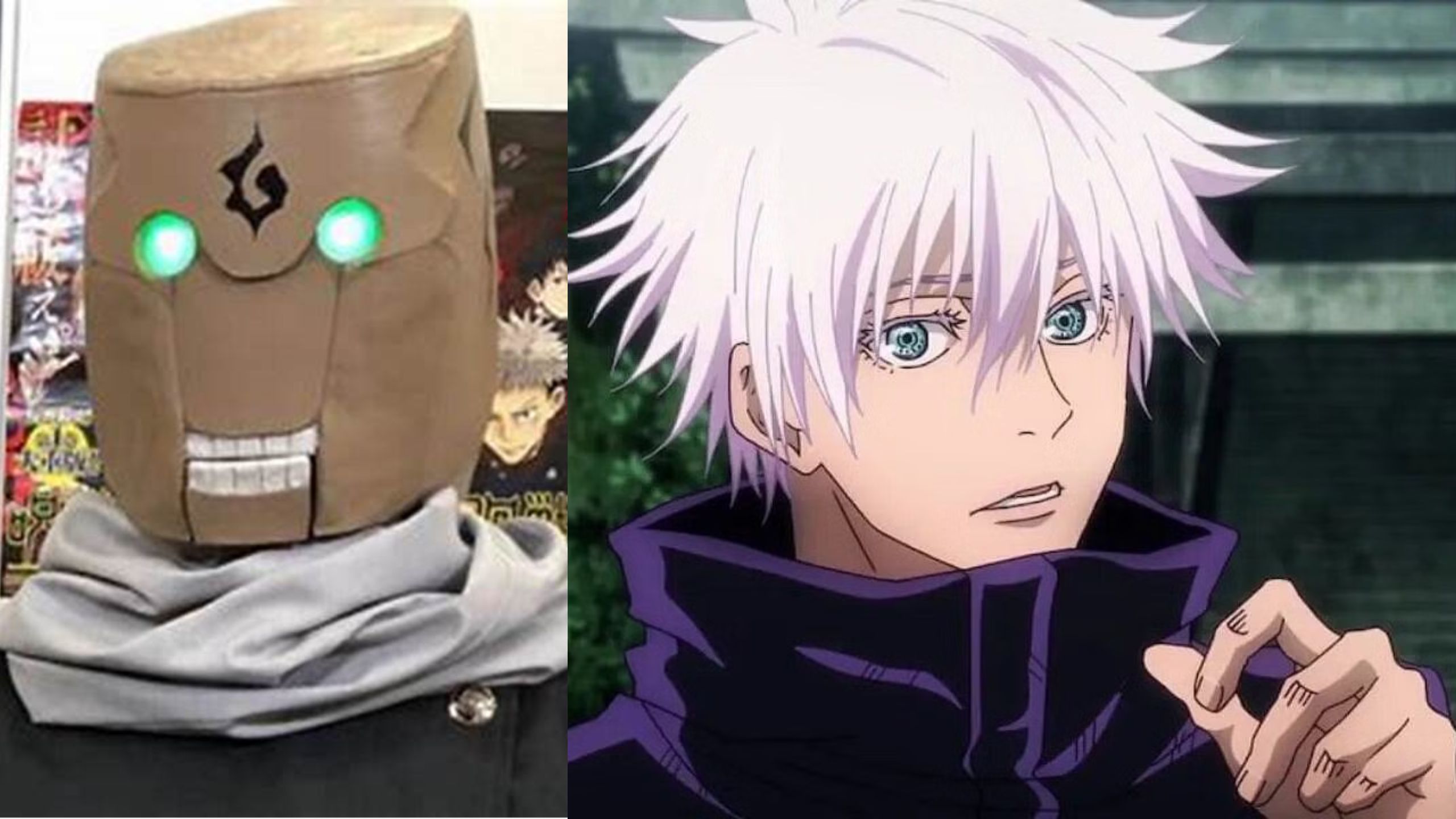
The world of Jujutsu Kaisen is one that has captured the imaginations of many, and the series’ unique blend of dark themes, intense battles, and complex characters has made it a standout in the shonen manga world.
However, the lack of focus on worldbuilding has always been a point of contention, and as the series approaches its end, this issue has only become more pronounced.
Fans can only hope that, despite the rushed timeline, Akutami will find a way to bring the series to a satisfying endinng.
While the world of Jujutsu Kaisen may not be as fully realized as some would like, there is still a chance for the story to end on a high note.
A well-executed ending, even if it doesn’t address all of the series’ shortcomings, can leave a lasting positive impression and provide the closure that fans are seeking.
In the end, Jujutsu Kaisen’s legacy will be determined not just by its strengths, but also by how it handles its weaknesses.
A rushed ending could exacerbate the series’ flaws, particularly in terms of worldbuilding, but it could also provide a final opportunity for Akutami to tie up loose ends and give fans a sense of completion.
Whatever the outcome, Jujutsu Kaisen will remain a significant and influential work in the animanga world, one that has left a lasting impact on its fans and the industry as a whole.


